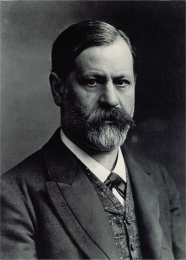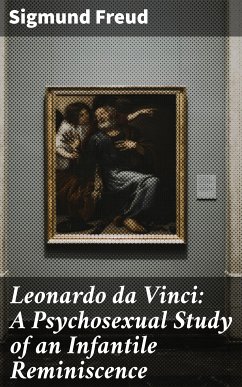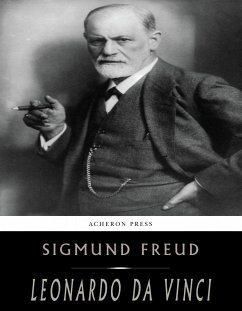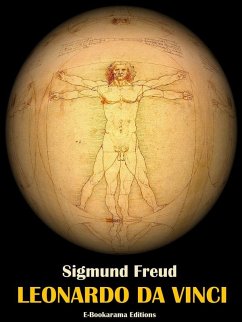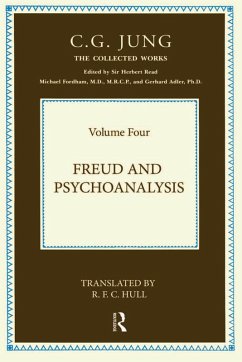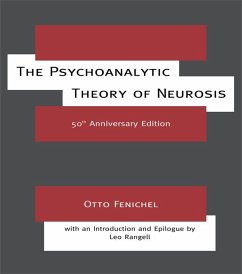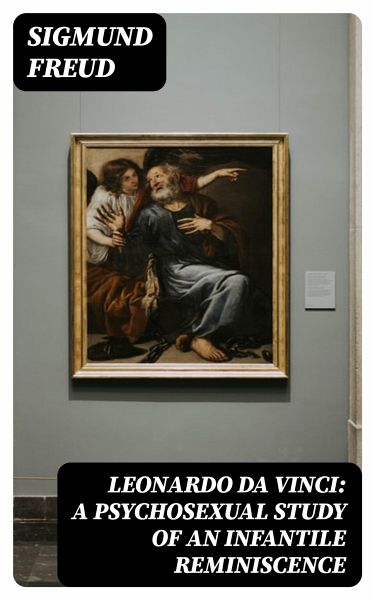
Leonardo da Vinci: A Psychosexual Study of an Infantile Reminiscence (eBook, ePUB)

PAYBACK Punkte
0 °P sammeln!
In "Leonardo da Vinci: A Psychosexual Study of an Infantile Reminiscence," Sigmund Freud delves into the intricacies of the artist's psyche through the lens of psychoanalysis. Freud explores the symbolic significance of da Vinci's memories, particularly his purported recollection of being nourished by a bird, interpreting this as a manifestation of his relationship with his mother and the complexities of his sexual identity. Employing a rigorous psychoanalytic framework, the text weaves together art, memory, and desire, thereby positioning da Vinci's oeuvre within the broader context of Renais...
In "Leonardo da Vinci: A Psychosexual Study of an Infantile Reminiscence," Sigmund Freud delves into the intricacies of the artist's psyche through the lens of psychoanalysis. Freud explores the symbolic significance of da Vinci's memories, particularly his purported recollection of being nourished by a bird, interpreting this as a manifestation of his relationship with his mother and the complexities of his sexual identity. Employing a rigorous psychoanalytic framework, the text weaves together art, memory, and desire, thereby positioning da Vinci's oeuvre within the broader context of Renaissance humanism and psychological conflict. Freud's distinctive literary style combines erudition with accessible prose, inviting readers to engage with his innovative theories on art and sexuality. Sigmund Freud, the father of psychoanalysis, developed his groundbreaking theories amidst a cultural milieu marked by rapid scientific and artistic change. His work on da Vinci reflects Freud's fascination with the intersection of psychology and creativity, shaped by his early experiences and professional aspirations in neurology and the burgeoning field of psychoanalysis. The study exemplifies his belief in the profound connection between art and the unconscious, encouraging readers to consider how personal history informs artistic expression. This book is an essential read for scholars of psychoanalysis, art history, and those intrigued by the depths of human creativity. Freud's insights not only illuminate da Vinci's genius but also challenge us to contemplate our own psychological landscapes. "Leonardo da Vinci" invites sophisticated discourse on the relationship between creative expression and the psyche, making it a noteworthy contribution to both psychological and artistic studies.
Dieser Download kann aus rechtlichen Gründen nur mit Rechnungsadresse in A, B, BG, CY, CZ, D, DK, EW, FIN, F, GR, H, IRL, I, LT, L, LR, M, NL, PL, P, R, S, SLO, SK ausgeliefert werden.




